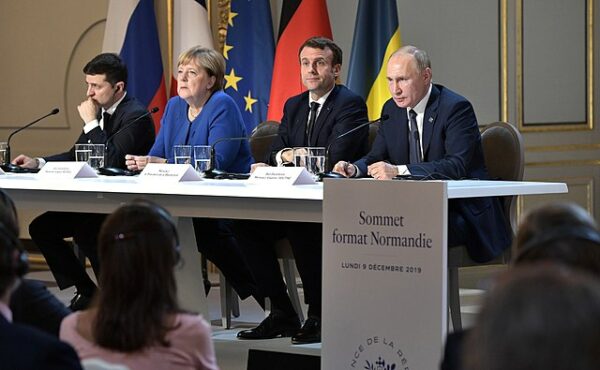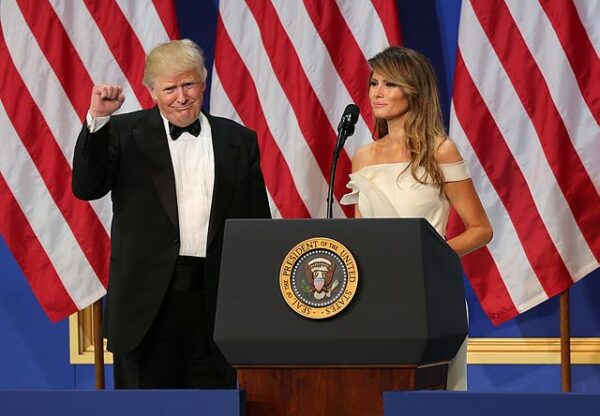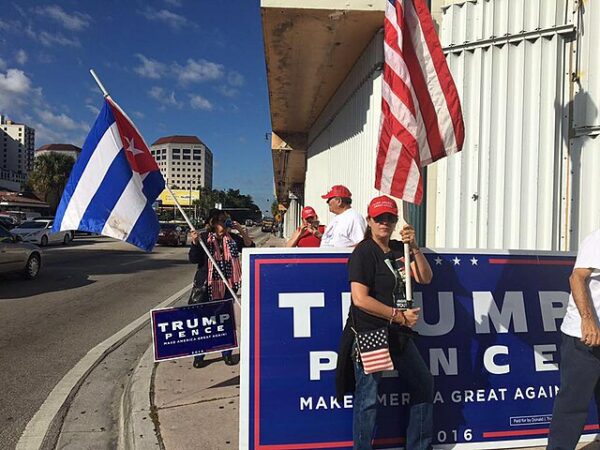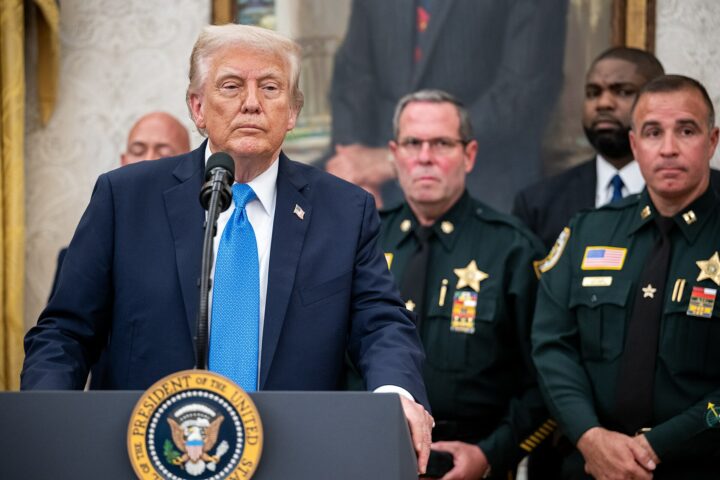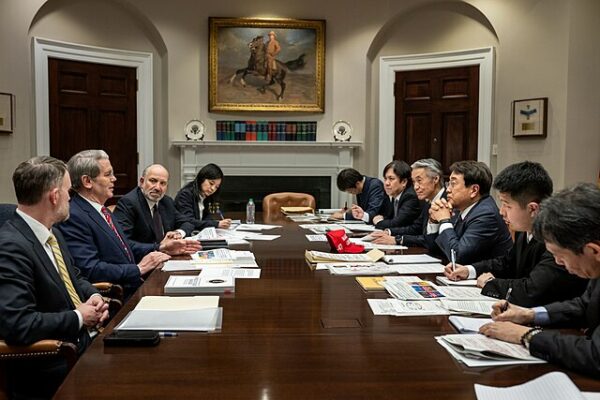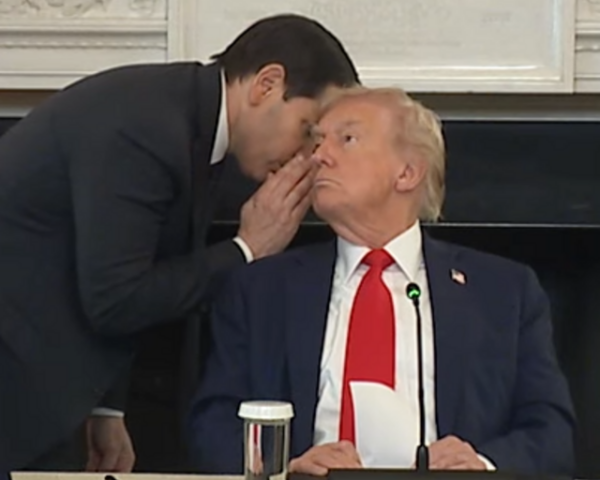In a bold bid to end the war in Ukraine, President Donald Trump announced he will speak directly with Russian President Vladimir Putin on Monday, part of what he called a “productive day” aimed at halting a conflict that has raged for more than three years. The announcement, made via Truth Social on Saturday, follows both leaders’ conspicuous absence from recent peace talks in Turkey and signals Trump’s intent to reassert his personal brand of diplomacy on the global stage.
He also plans calls with Ukrainian President Volodymyr Zelenskyy and senior NATO officials, framing the outreach as a coordinated push to stop what he described as a “bloodbath” that claims thousands of Russian and Ukrainian lives each week. While Trump’s previous commentary on the war often leaned toward skepticism of Ukraine’s position, his latest remarks mark a more urgent, moralistic tone:
The effort places Trump at the center of international attention just as NATO celebrates its 75th anniversary this year—an alliance he has often criticized, yet now turns to for assistance in brokering peace. As president, Trump frequently lambasted NATO members for not meeting their defense spending obligations, pressuring them to “pay their fair share.” But with Europe’s security once again on the line, Trump’s pivot toward collaboration with the alliance represents a strategic recalibration rather than a reversal.
His evolving tone on the conflict also reflects shifting political and military realities. Trump has recently begun to distance himself from the Kremlin’s position, stating on Fox News Friday, ““I think Putin is tired of this whole thing, and he’s not looking good, and he wants to look good,” Trump said in the interview. “Don’t forget, this was supposed to end in one week. And if he didn’t get stuck in the mud with his army tanks all over the place, he would have been in Kyiv in about five hours.”
The last known meeting between Trump and Zelenskyy occurred in April during Pope Francis’s funeral in Vatican City, a moment heavy with symbolism but light on substance. Since then, Trump has shown growing willingness to re-engage diplomatically. His outreach comes in the wake of a deadly Russian drone strike in Ukraine’s Sumy region that killed nine civilians on Saturday, a grim reminder that the war remains as violent and unresolved as ever.
This moment also draws on a long and complicated history of U.S.-Russia relations—one defined by Cold War brinkmanship, uneasy cooperation, and cycles of confrontation. Trump has frequently styled himself as a dealmaker capable of cutting through the inertia of establishment diplomacy. Whether that instinct will prove useful or naïve in a post-Crimea, post-Bucha world remains to be seen.
For now, all eyes turn to Monday’s calls—and whether Trump’s brand of personal diplomacy can accomplish what so many summits, sanctions, and speeches have failed to do.
[Read More: Major Jailbreak In Louisiana]

